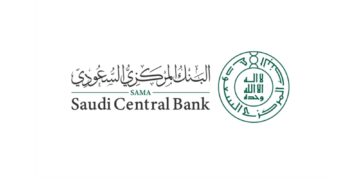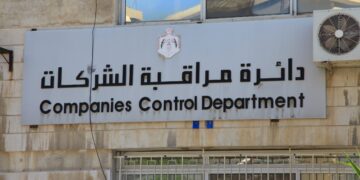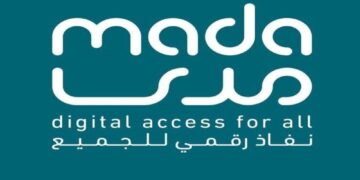The Iraqi Ministry of Trade announced the marketing of more than 5 million tons of wheat during the current season, confirming the achievement of wheat self-sufficiency for the third consecutive year. The ministry explained that the current quantities of wheat in storage are sufficient to meet local market needs until the beginning of 2027, enhancing food stability in the country.
In a statement reported by the official Iraqi News Agency (INA), Haider Al-Karaawi, Director General of the General Company for Grain Trade, stated that the marketed quantity during the 2025 season amounted to approximately 5.11 million tons. He added that this figure, although lower than last year’s marketing of 6.3 million tons, remains within the limits that ensure meeting annual domestic consumption, estimated at approximately 4.7 million tons.
Al-Karaawi explained that the quantities exceeding this limit are considered a strategic surplus that is stored for use when needed, noting that the current stock is estimated at approximately 6.3 million tons. He pointed out that the consumption quota has already been secured until the end of June 2025, while the remaining quantities will cover the country’s needs until early 2027.
According to official sources, this achievement is attributed to several factors, including improved agricultural infrastructure, the expansion of cultivated land, and support for farmers with certified fertilizers and seeds. The relative stability of the security situation and the availability of water from dams and local sources have contributed to increased crop productivity in recent years.
In a related context, Al-Karaawi discussed the project to produce “yellow flour” within Iraq, the type used in the production of pastries and baked goods, which began operating in April 2024. He explained that between 10 and 12 new mills have been put into operation within the project, noting that local production of zero flour has covered approximately 40% of local needs, reducing reliance on imports.
He added that the ministry expects to achieve self-sufficiency in this area as well within one to two years, which represents an important step towards enhancing food security and diversifying local production. This development comes at a time when many countries in the region are facing challenges related to food security due to climate change and economic turmoil. Iraq’s success in achieving a strategic wheat surplus is an indicator of the improved performance of the agricultural sector and its potential in the coming period.







